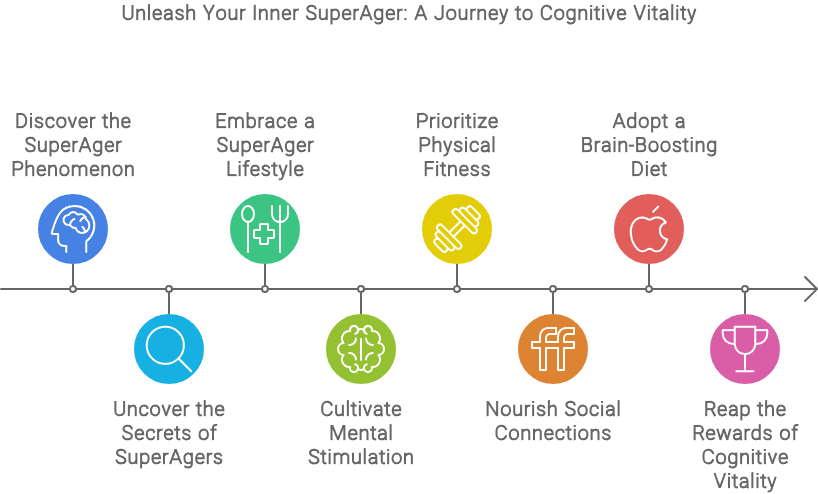As humans, we often overthink about things because our brains are hard-wired to be overactive. Our brains are always doing something. We are constantly monitoring, assessing, and considering possibilities. This type of overthinking is dangerous. You spend so much time analyzing why something happened, you miss out on the opportunity to move forward.
What is overthinking, and why do people do it?
When someone is overthinking, they are spending an excessive amount of time and energy on worrying about a situation or problem. This can lead to them feeling overwhelmed and stressed, and it can keep them from being able to focus on anything else. There are many reasons someone might overthink, including fear of the unknown, perfectionism, and anxiety. While overthinking can be harmful, there are ways to deal with it and manage your thoughts.
When someone is having problems, they may be feeling stressed or anxious. Overthinking occurs when a person tries to figure out what is wrong and then becomes upset. Overthinking can happen when you face a problem that you don’t know what to do or you aren’t sure how to handle it. You may feel a sense of worry or fear. You may start thinking about it repeatedly until you can’t think straight. This can make you feel more stressed. Overthinking is normal because it helps you to take action and find solutions to the problem. However, too much overthinking can make you feel upset or discouraged. It can prevent you from thinking clearly. It can also make you worry about something that will not happen or that won’t cause any harm to you.
In our fast-paced world, it’s easy to get overwhelmed by all the things we have to do. We often try to plan and prepare for every possibility, but this can lead to excessive worry and anxiety. This is known as overthinking–when we spend too much time and energy on something that’s unlikely to happen or that we can’t control.
Overthinking can cause us to feel stressed and anxious, which can impact our mental and physical health. It can also lead to problems in our relationships and work life. So why do we do it?
There are several reasons people might overthink. For some, it’s a way of avoiding arduous tasks or decisions. Others may be perfectionists who are never satisfied with their work, or who are always worried about making a mistake.
Causes of overthinking:
There are several reasons people might overthink. For some, it’s a way of avoiding arduous tasks or decisions. Others may be perfectionists. Fear, anxiety, perfectionism, and lack of self-confidence can all lead to negative thinking and excessive worrying. People who overthink often fear making mistakes and doubt their ability to succeed. They may also worry about what others will think of them. Negative thoughts can be very destructive and can cause a great deal of stress and anxiety. Social media can also contribute to overthinking, as people constantly compare themselves to others online. People who overthink may feel like they always need to be on top of things, but this can lead to a feeling of lack of control in life. Overthinking is often a sign that something is wrong—it could be depression, low self-esteem, or anxiety.
Accept or Deny Your Thoughts
The brain produces a lot of thoughts. You don’t have to accept every thought as truth. Our brains tend to jump to conclusions when we think of something. Confirmation bias is the reason most people are quick to believe something. Being aware of this tendency will allow you to question the thoughts that are causing you to worry. You can ask if the thought is true or false.
If it is false, you can let go of it and replace it with a better thought. When you’re having trouble thinking about a certain subject, try thinking about something else. The other thing you can do is think of a time when you overcame a difficult situation. This helps you realize that you have already overcome something similar to what you are facing now. It is very easy to get caught up in your thoughts. It’s important to be aware of this tendency. When you are aware of this tendency, you can easily notice it. In fact, it is easy to spot when you are thinking too much. This awareness of your thought process allows you to change your thinking. Stop thinking of yourself as a failure. You may feel you failed at something, but there are many ways you can look at the situation. You can look at how you can learn from the experience.
How should I avoid overthinking?
It’s normal to overthink things from time to time, but if it’s happening too often, you may want to avoid it. Overthinking can lead to anxiety, stress, and even depression, so it’s important to deal with it. Here are a few tips:
- Make a list of things that are bothering you and try to address them one by one.
- Talk to someone about what’s going on in your life – a friend, therapist, or even a support group.
- Exercise or do something else that makes you feel good and helps you relax.
- Try not to dwell on things that you can’t change. Focus on the present instead.
- Be mindful of your thoughts and try not to get caught up in them.
- Try to be more positive and realistic about things that are bothering you.
- Don’t beat yourself up over things that happened in the past.
- Be kind to yourself – do something nice for yourself every day, even if it’s just a walk or a shower!
- Take some time to get a good night’s sleep.
- Don’t take your problems out on others – this will only make things worse.
- Try not to take things too seriously – don’t let other people’s reactions bother you.
- Try not to dwell on the past and don’t let it affect your present.
- Try to think positively about things that are bothering you, but if you can’t, try not to take them too seriously.
- Try to spend time with people who make you happy – this will help you take your mind off things that are bothering you.
- Meditate: Meditation helps you take your thinking offline and allows your intuition to lead the way. The best part is, it doesn’t require any special skills. All you need is a few minutes to meditate and you’re ready.
If you want to stop overthinking, you need to realize that worrying, thinking, and analyzing are different things. They’re not the same. Worrying is the mind telling itself that something is wrong and that it’s going to cause negative consequences. Thinking is the mind analyzing what is happening right now, and what might happen in the future. Analyzing is the mind deciding whether the thing that is happening is good or bad. If you want to stop overthinking, you need to distinguish between worrying, thinking, and analyzing.
In conclusion, a combination of factors causes overthinking, including stress, boredom, and low self-esteem. There are a few things you can do to avoid overthinking, including taking breaks, focusing on the present moment, and challenging your negative thoughts.







